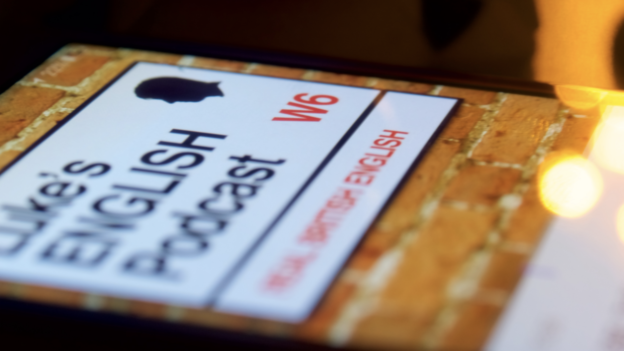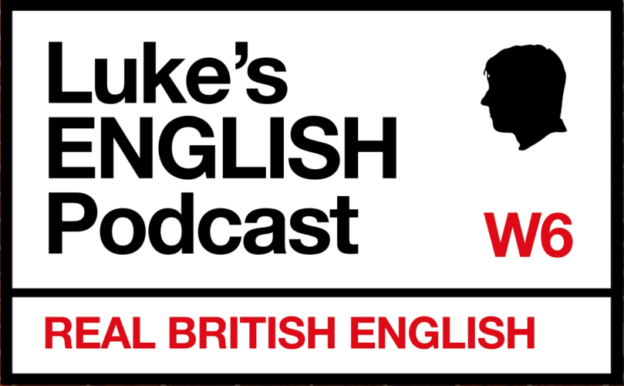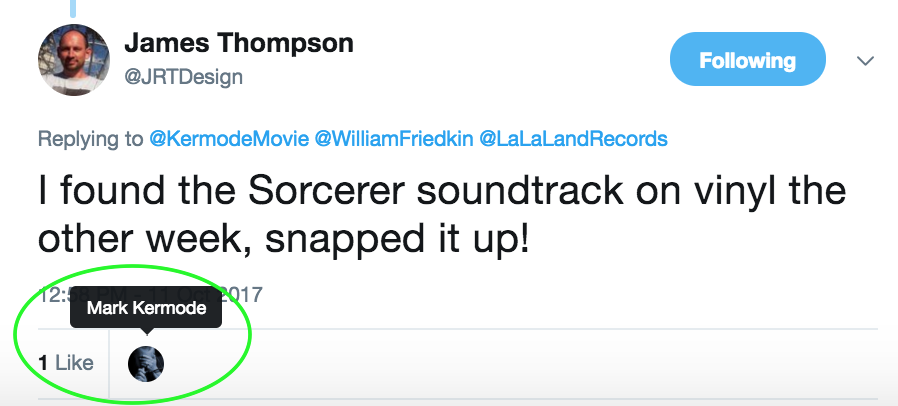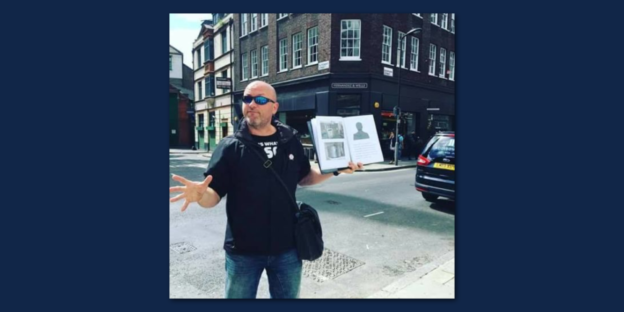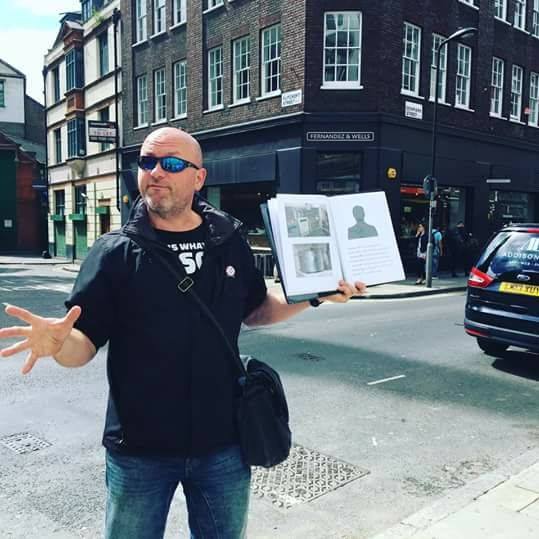Talking about the birth of my baby daughter, including accounts of the main events and how it all felt. Listen carefully for descriptive vocabulary for describing emotions and feelings as well as the language of childbirth previously explained in episodes 491 and 492.
![]()
[DOWNLOAD]
Introduction Transcript
Welcome to the podcast, happy new year. I hope you had a good one wherever you are, however you chose to celebrate it – whether you went out to a party, saw some fireworks or something, or simply chose to stay in and just read a book on your own – whatever you did, I hope you enjoyed it and that now you’re ready to get stuck into 2018 with some positivity, determination and some hope in your heart even if you are still recovering from your night of celebrations on new year’s eve.
Here’s the first episode of LEP in 2018.
I’ve chosen to make this a personal episode of the podcast.
Our baby daughter has finally arrived. She’s absolutely adorable (but I would say that of course) and my wife and I both feel extremely lucky, very grateful and proud. I tweeted about this, put a post on FB about it and also wrote something in the comment section just to let my listeners know – because I feel that quite a lot of you were keen to get updates since you’ve been following this news since I talked about it in episode 474.
This is what I wrote on FB and Twitter:
Good news! Our baby was born yesterday (Boxing Day). She’s doing well and so is her mum. We’re delighted and a bit exhausted. I expect there will be a pause in the podcast for a little while but LEP will be back soon. Happy New Year and cheers everyone!! ❤️
— Luke Thompson (@EnglishPodcast) December 27, 2017
The response I got was amazing (to me). Hundreds of people wrote lovely messages of congratulation and the post got over 1000 likes on Facebook. Thank you for the lovely messages.
I was wondering whether I’d talk about this on the podcast. After all, this is a podcast which is ostensibly about learning English and not about all the details of my personal life. I don’t want this podcast to become some sort of reality show, and it won’t be.
But I have decided that perhaps I should talk about this very personal experience here on the podcast in at least one episode.
Let me explain why…
I was listening to Olly Richards Podcast on my way home from the hospital – perhaps one or two days after the baby was born. My wife was in the hospital with our brand new daughter and I was going back to our flat to tidy it up, wash some baby clothes, warm the place up and prepare it for the arrival of the baby and my wife but also my parents and my brother. It would be the first time our daughter had come home, having spent the first few days of her life in a room in the maternity ward in hospital – in safe surroundings, with midwives and nurses available around the clock, with all the care she needed – and I was suddenly aware (much more intensely aware I should say) that I needed to make our flat a proper nest for this little creature to be comfortable, warm and safe. I was aware of the importance of this before of course, and we had already done a lot of things in the Flat to get it ready – my wife’s nesting instinct had kicked in months before, but mine was only really kicking in now as the baby had arrived. So I was heading back, leaving the two girls in the hospital ward, which was the whole world as far as the baby was concerned. Feeling pretty raw and lots of emotions. Virtually sleepless night. You know how it is. I decided to listen to something and picked an episode of I will teach you a language with Olly Richards featuring a fascinating interview with Stephen Krashen. He’s a celebrated linguist and the guy behind language acquisition theory.
Olly and Stephen were talking about how people learn languages. Krashen was giving the benefit of his extensive experience and research into the subject. He’s been searching for the answer to this question for years. How do we learn languages? What are the best habits we can adopt? What can language teachers do to help?
He’s convinced that he has the answer and it’s all to do with comprehensible input – exposing yourself to lots of English (in this case) that you can understand (mostly) and that is motivating to listen to. He was particularly enthusiastic about stories. Search for interesting stories. Listen to people telling stories. Find stories in which you want to know what happens next.
He was very convincing about it.
You can listen to the interview on Olly’s Podcast.
“I Will Teach You A Language – Episode 220: Stephen Krashen Interview”
In my sleep deprived and emotional state I felt totally open to what he was saying and it struck me as being so true.
I thought of some of my best English lessons that I’ve taught and I realised that many of them included stories – not just stories in textbooks or whatever, but stories about personal experiences. Telling the students a funny personal story. Having them try to retell the story, write it down, test each other, creatively think of ways to continue the story with their own ideas, and giving them chances to tell their own similar stories. They’ve always been great lessons.
And I thought of times I’ve told stories on the podcast – like travelling experiences or episodes of the lying game. I like those episodes.
Then I thought about this episode which I felt I had to do – trying to explain what it’s like to bring a child into the world. And i thought – I’ll just try and tell it like a story, starting from the pregnancy and then going through the different stages of what happened and how they felt.
Then I started preparing some notes for it, sitting on the sofa and I asked my wife to help me with some ideas and then I just thought – why don’t I just interview her about the experience?
I’ve never had my wife on the podcast before as you know but it just made sense for her to be in this episode because after all she’s the one who did all the work in this birth and she seemed up for talking about it, and so why not just let her tell the story with me?
So, that’s what you’re going to hear – two proud parents describing the birth of their first child. I hope you find it to be interesting and that it’s not too cheesy or sentimental or anything.
So we’re going to start at the beginning (not the moment of conception, we won’t be talking about that) but we’ll start somewhere during the pregnancy and we’ll try and tell you our experience from then to now.
Hopefully this will be an engaging story that will help you learn English according to Stephen Krashen’s theory – remember you can listen to the episodes called Becoming a Dad which I recorded with Ben and Andy – that’s where you’ll find vocabulary explanations for many of the words and phrases relating to this subject.
Hopefully this will also just get across to you the weird and wonderful mix of feelings and emotions that are involved in what is a very significant moment in anyone’s life, in this case mine and my wife’s and of course our daughter’s.
Here we go…
**Conversation**
Outtro
So that was my wife on the podcast for the first time. I hope you enjoyed listening to it and that you managed to follow the whole thing.
Let us know in the comment section what you think.
Feel free to share your own experiences if you have any – that could be a good way to practise your writing a bit. Have you had children? What was it like to you? Was your experience similar to ours, or different?
Do you have any advice for us as new parents?
If you have questions about any of the language which came up, you could ask those questions in the comment section.
If you ever do that – ask specific questions about words or phrases you’ve heard – it really helps if you put a time code with your question – e.g. what did Luke say at 45:30?
It’s nice to be back on the podcast and I’m really looking forward to posting more new episodes in the coming year.
2018 will be the 9th year I’ve been doing this podcast.
Don’t forget to download the LEP app – it’s available in the app store. That’s where you can find some app-only episodes, and also some bonus content for a lot of the episodes. For example, for episode 501 the bonus content is a little video in which I show you one of the presents I received for Christmas.
Also, you should join the mailing list in order to get an email whenever I post something on the website – that’s usually a new podcast episode, but sometimes it’s other content – like for example a couple of weeks ago I posted an episode of The Earful Tower Podcast with Oliver Gee in which Oliver and I recorded a conversation about the Paris Metro while riding the Paris metro. You can find that in the episode archive on my website, but if you’re a mailing list subscriber you’ll already know about it, right?
OK, that’s it for this episode, I’ll speak to you again on the podcast soon. But for now, it’s time to say good-bye!




